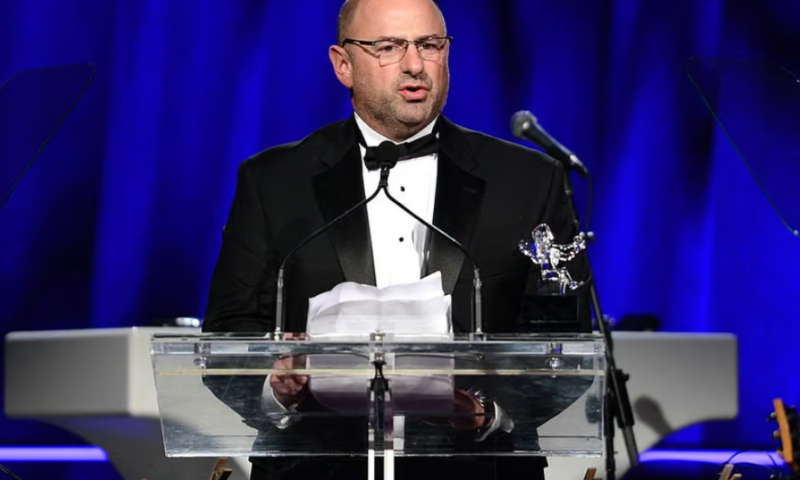Former Seagen CEO Clay Siegall, Ph.D., will head up a new biotech spun out of Purdue University, less than a year after he stood down from the Seattle-based biopharma in the wake of an arrest for alleged domestic violence.
Siegall, best known for co-founding and building Seagen into an oncology powerhouse that was recently bought by Pfizer for $43 billion, resigned in May 2022 following the arrest. A memo obtained by The Seattle Times detailed prosecutors’ reasoning for declining to charge Siegall, which centered on contradictory witness statements. MorphImmune noted this decision in its statement.
The preclinical oncology company also said in a statement to Fierce Biotech that it is a “values-based company” that prioritizes ethics, integrity and respect for others. The biotech said that its own outside counsel, as well as executive search agency Caldwell, performed an independent review on Siegall before the hire. MorphImmune’s board also “performed its own due diligence.”
“These assessments find that Dr. Siegall is uniformly recognized not only as a highly passionate and dedicated person who has a demonstrated ability to build significant value as a company leader\ but also a colleague whose workplace demeanor and values are entirely consistent with those of MorphImmune,” the biotech said.
Ronald Martell, former CEO of Sevion and NeurogesX, previously led MorphImmune after being hired almost two years ago. The company was spun out of research from Philip Low, a distinguished professor of chemistry at Purdue University. Low was co-founder and chief scientific officer at Endocyte, an Indiana-based biotech that was bought by Novartis in 2018 for $2.1 billion. MorphImmune’s chief scientific officer, Jack Higgins, was previously the chief development sciences officer at Molecular Templates.
MorphImmune describes itself as designing targeted drugs that can “reprogram specific immune cell types” to treat a bevy of diseases. The company is currently advancing a couple of candidates including a folate receptor-targeted TLR7 agonist and a fibroblast activation protein (FAP) targeted radioligand therapy. MorphImmune has received early seed and follow-on investments from Research Bridge Partners, although it hasn’t disclosed how much money has been raised to date.

